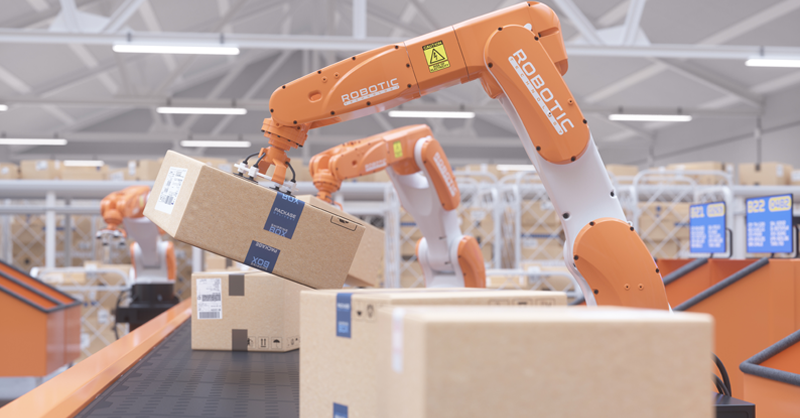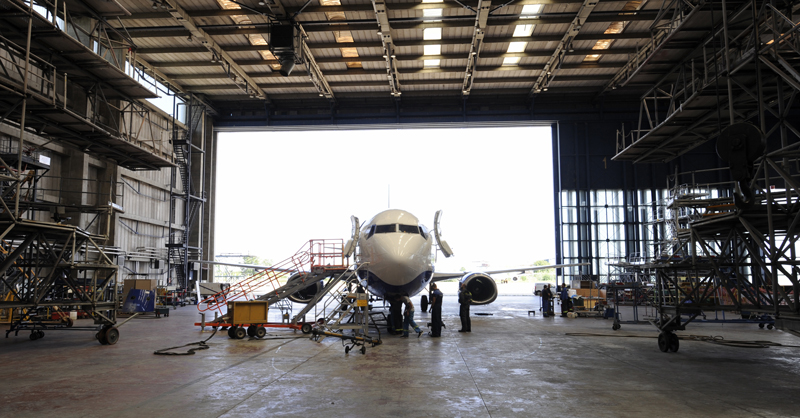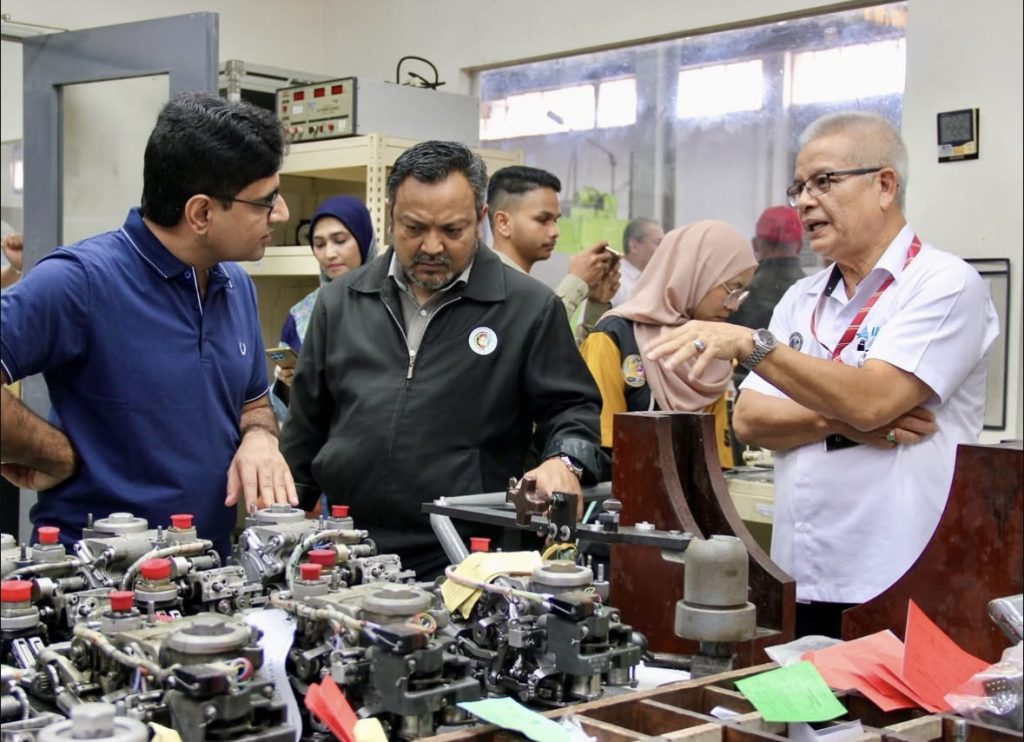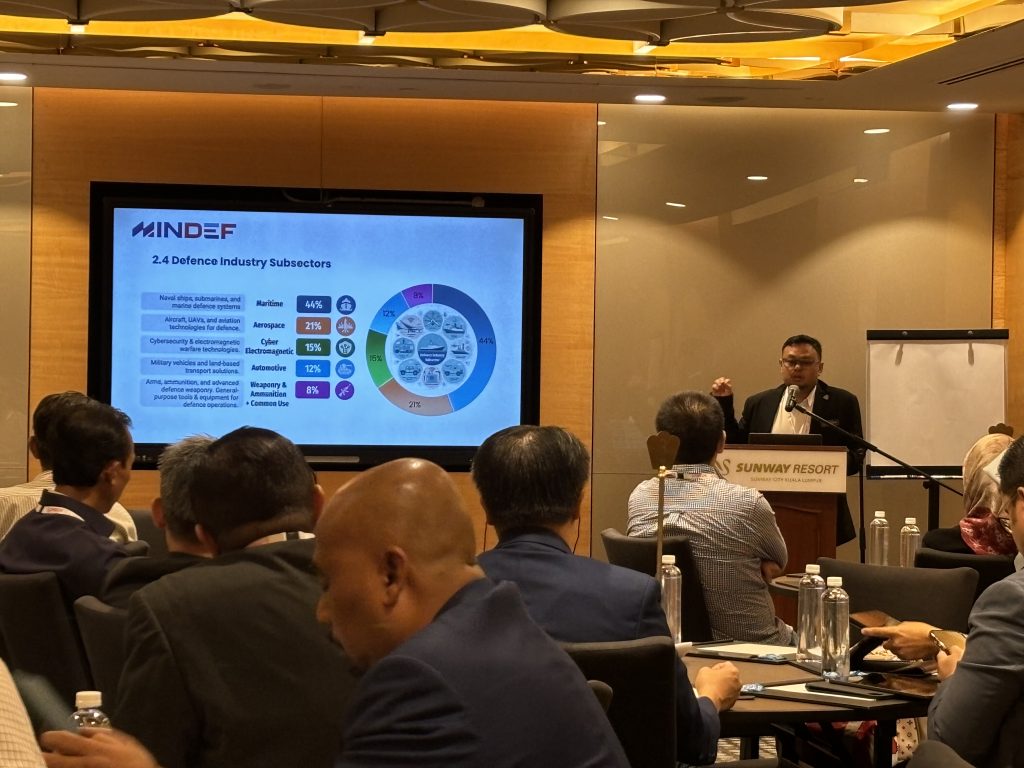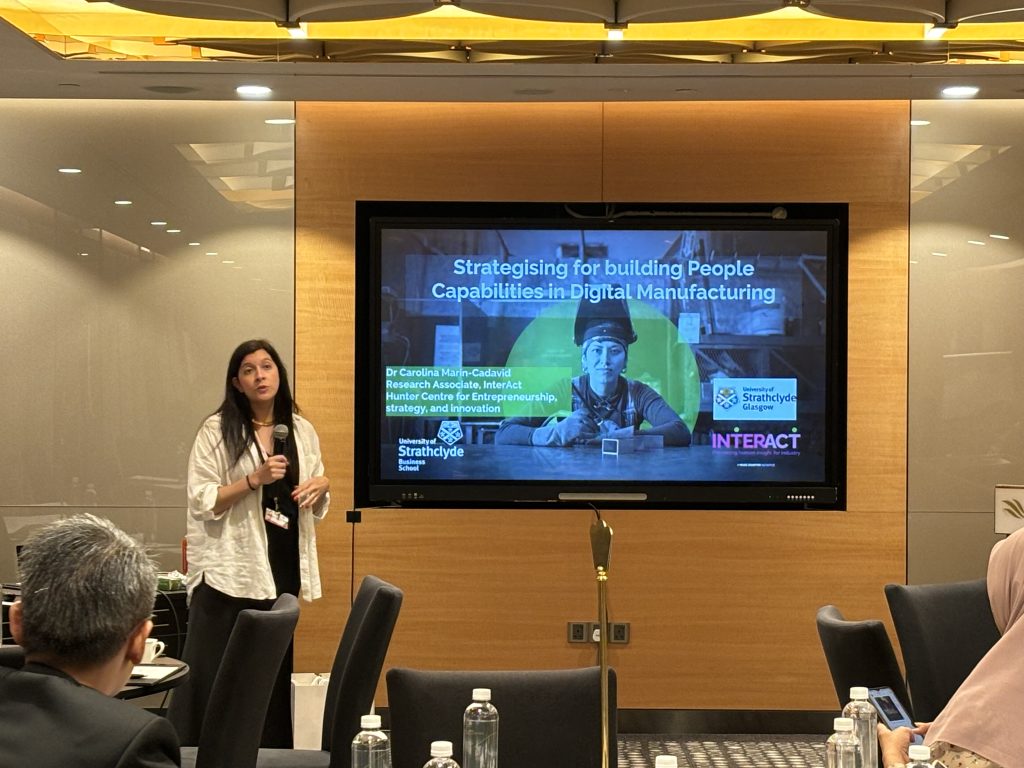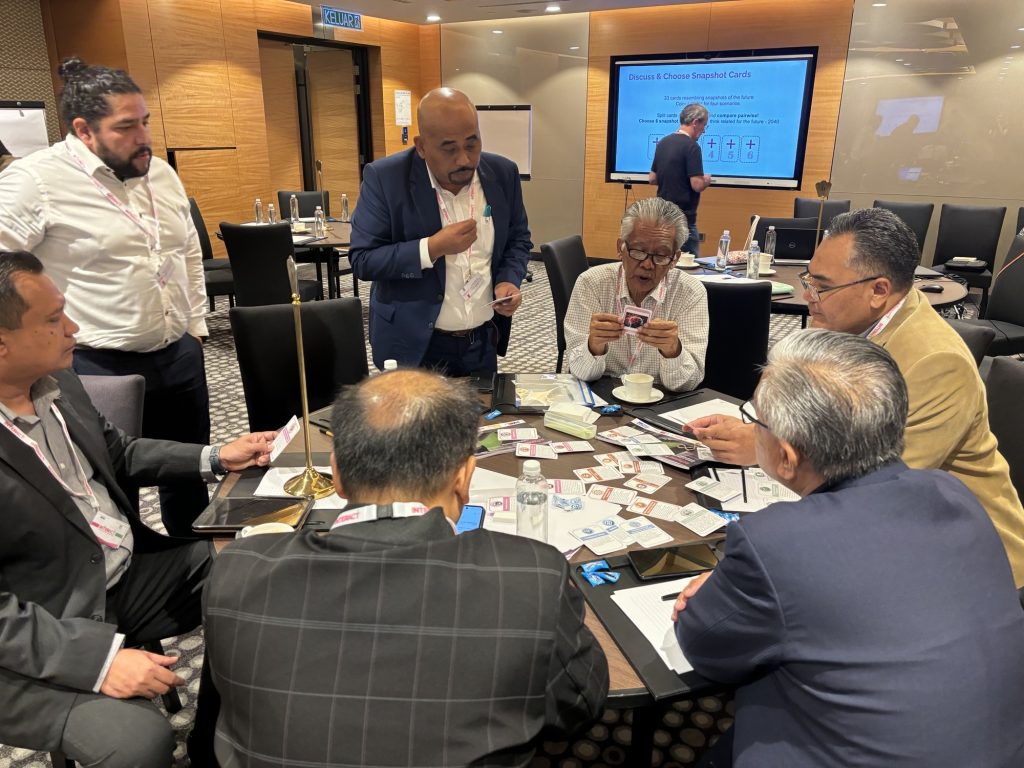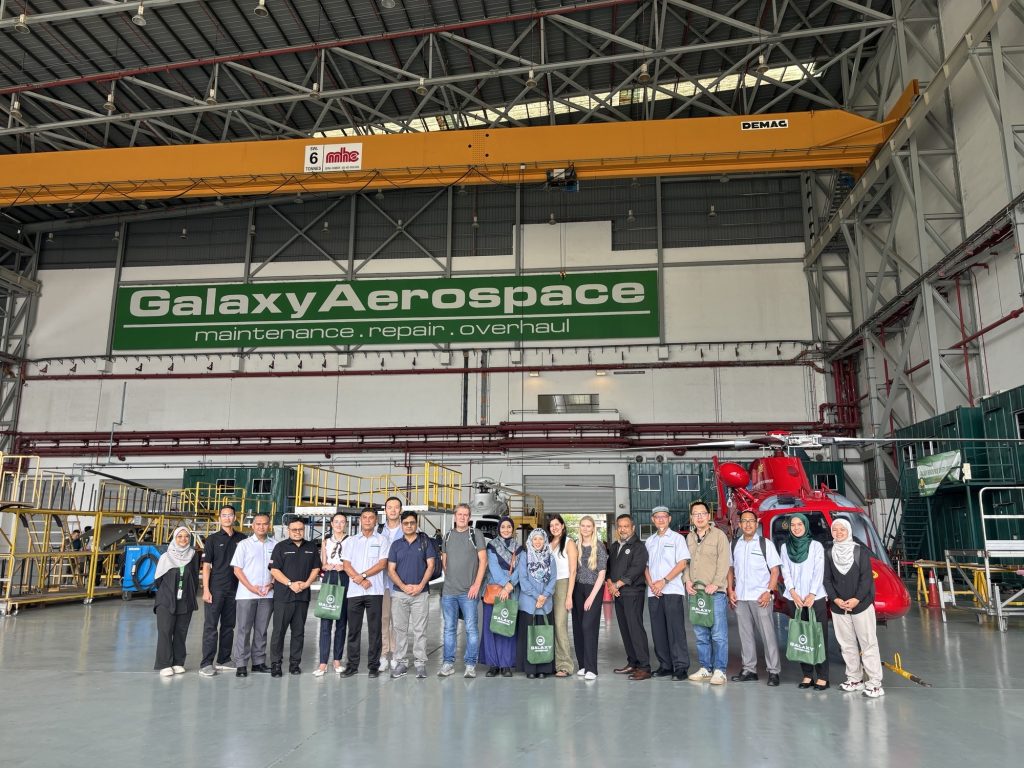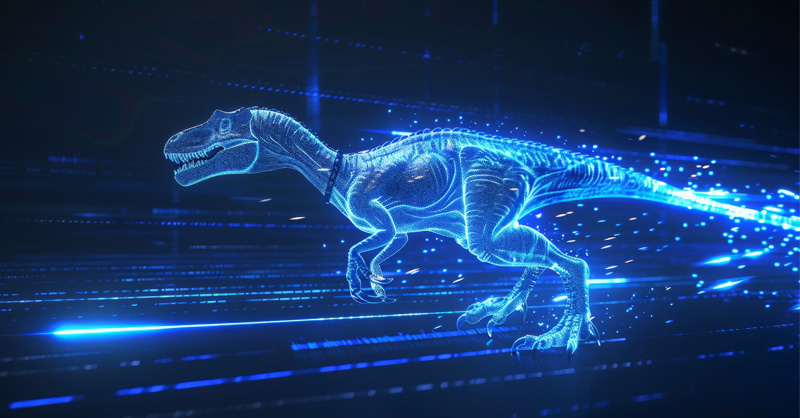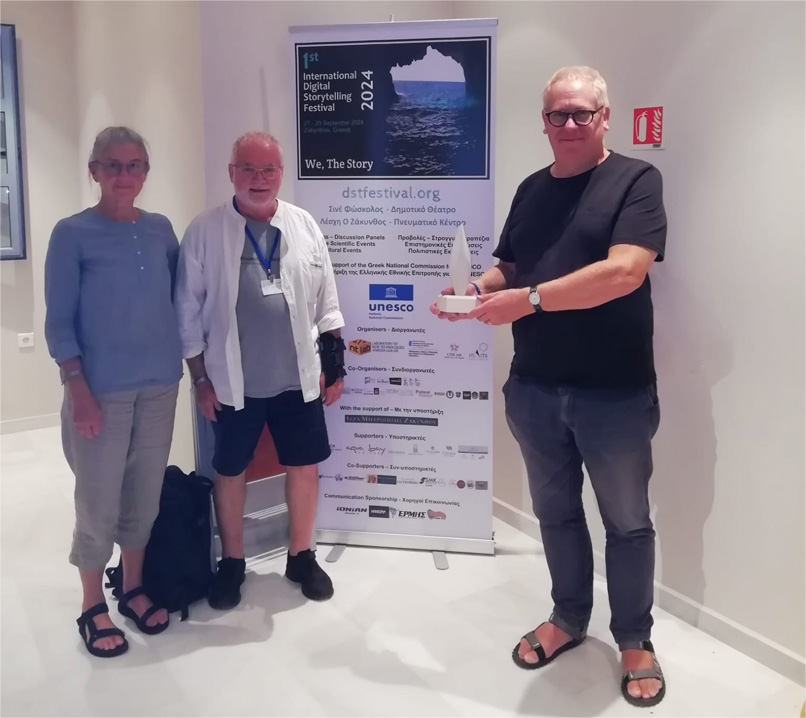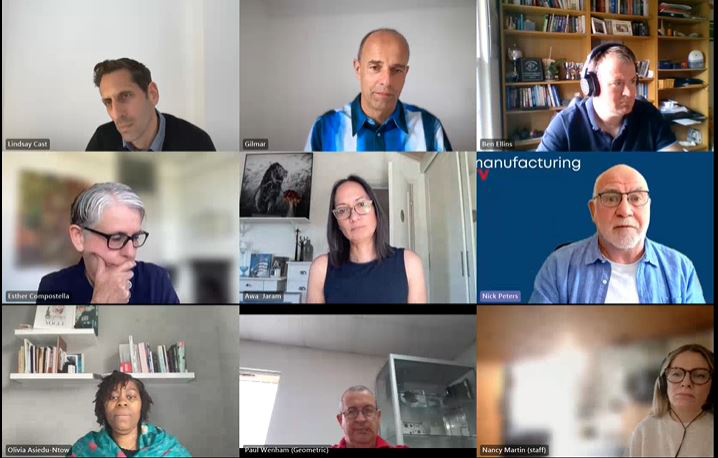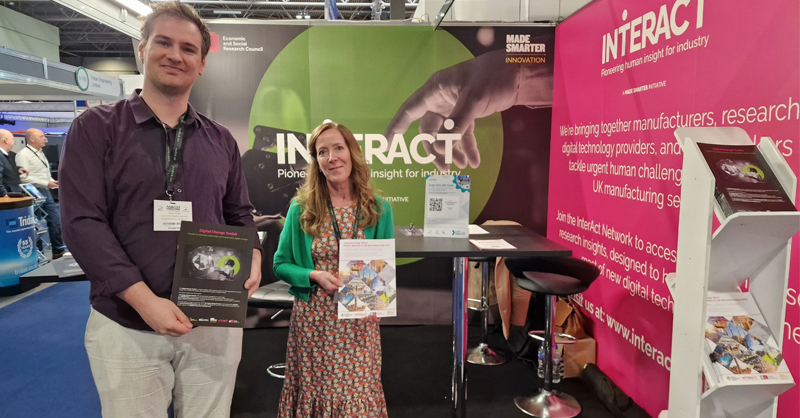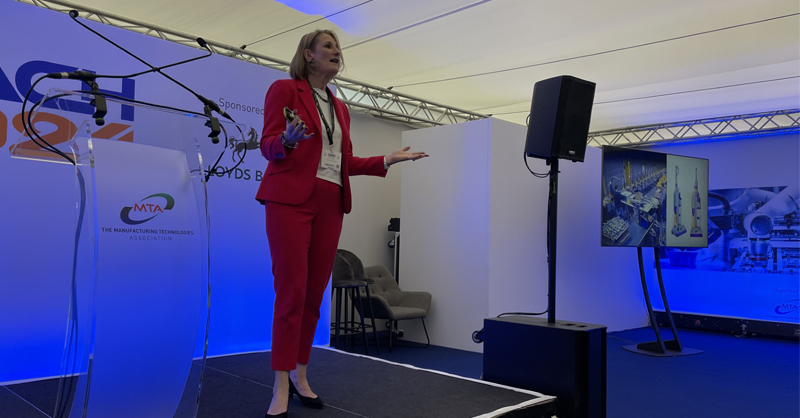Factors such as climate change, the COVID-19 pandemic and ongoing global regulatory hurdles have all exposed the fragility of global supply chains. It is now more essential than ever that continued collaboration, and the adoption of digital technologies are encouraged to help build more sustainable, efficient and resilient supply chains that remain strong in the face of external challenges. Doing so will be critical to improving supply chain resilience in the UK, but the barriers to adoption must be broken down first.
Addressing the SME gap
Research from the Made Smarter Innovation | Digital Supply Chain Hub reveals organisations’ top priorities and interests when it comes to digitalising their supply chains, and the barriers preventing them from doing so. What’s clear is that interest in adopting digital supply chain technologies continues to grow in parity with the changing commercial climate, but that barriers to adoption amongst SMEs must be addressed as a priority.
A total of 502 large UK manufacturers and 502 UK SME manufacturers were surveyed as part of this research. The findings show that SME manufacturers are less likely to prioritise adopting digital supply chain technologies than large businesses. Adopting new digital supply chain technologies is a top three priority for large manufacturers along with improving market reputation and reducing costs. The discrepancy between SMEs and large businesses is particularly important, given the economic value of SMEs and the role they play in broader sectoral growth and development.
In fact, the research further found that adopting new digital supply chain technologies is less likely to be cited as a top business priority for SMEs than reducing costs, increasing brand awareness, improving market reputation, and enhancing customer satisfaction. Despite the lack of prioritisation, the research did find growing interest in advanced digital technologies amongst SMEs, promising a new era of supply chain innovation amongst SME leaders.
Recognising the growing interest in digital supply chain technologies
While falling behind their larger counterparts, the tide may well be turning for SMEs, with a growing number looking to improve their supply chains, with digital technologies and innovation holding the key. The SMEs surveyed are slightly less likely to be prioritising supply chain digital transformation, with 14% saying they don’t currently have any supply chain top priorities. That said however, 44% of these businesses are looking to enhance supply chain efficiency and automation, while a third are prioritising building resilience against disruptions, developing a more sustainable supply chain, and improving visibility and traceability.
While it may appear that SMEs fall behind their larger counterparts when it comes to the adoption of digital supply chain technologies, it is clear that innovation will play a critical role in helping these businesses to achieve their business goals in the long-term, despite the barriers to adoption.
Understanding the barriers to adoption
Above all, businesses are looking to enhance efficiency and automation by digitalising their supply chains, but the barriers to adoption pose a pressing challenge that may inhibit economic growth. While enhancing efficiency and automation, building resilience against disruptions, and developing a more sustainable supply chain are most likely to be cited by large manufacturers as top priorities, the barriers to achieving these commercial objectives vary.
The research shows that businesses of all sizes are facing similar challenges when it comes to adopting digital supply chain technologies. Respondents in both large businesses and SMEs are most likely to say that the most significant barriers hindering digital transformation in their organisation are existing processes, resources and work culture. In light of these barriers to adoption, initiatives and programmes are available to businesses to help them to accelerate the practical application of deep tech solutions and improve UK supply chain resilience.
The value of the Digital Supply Chain Hub and UK SCALE Centre
These barriers to adoption are why initiatives like the Digital Supply Chain Hub and the UK SCALE Centre are vital interventions within often traditionally operated organisations and sectors.
The Digital Supply Chain Hub delivered by Digital Catapult, facilitates the necessary connections, collaboration and knowledge sharing between industry and technology solution providers to improve UK industrial supply chain resilience through the application of deep tech solutions. So far, the programme has 37 funded projects with industry, technology and academic partners, and 255 industry engagements across all manufacturing sectors, demonstrating the value of the programme in supporting both SMEs and larger businesses.
We have been keen to work with the UK SCALE Centre since it’s inception in June 2024 as a way to further develop the future supply chain ecosystem and cross-regional partnerships. I encourage UK industry, academia and supply chain professionals to join and collaborate with the Digital Supply Chain Hub and UK SCALE Centre to further this vital mission across the UK supply chain ecosystem, as we seek to build a more productive, resilient and sustainable future.
This article was published by Loughborough University, read the original version here.
About the author
Tim Lawrence is the Director of the Digital Supply Chain Hub, Digital Catapult in this article, Tim outlines the importance of breaking down technological barriers to improve supply chain resilience in the UK.

